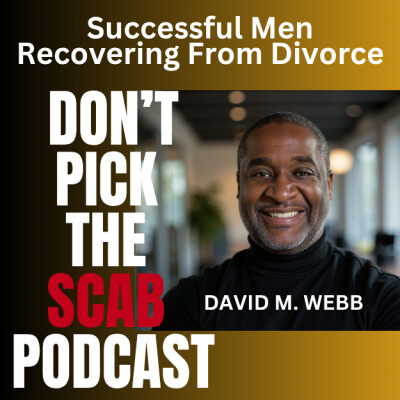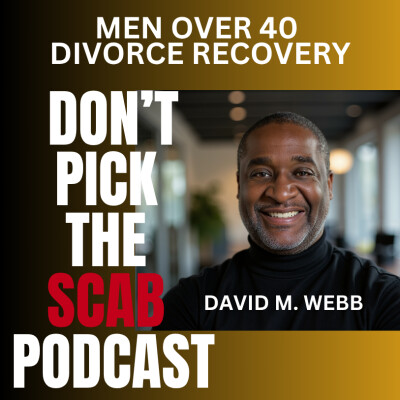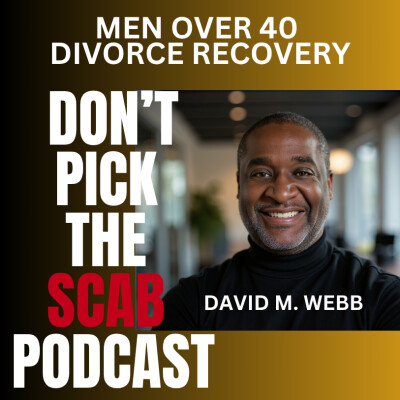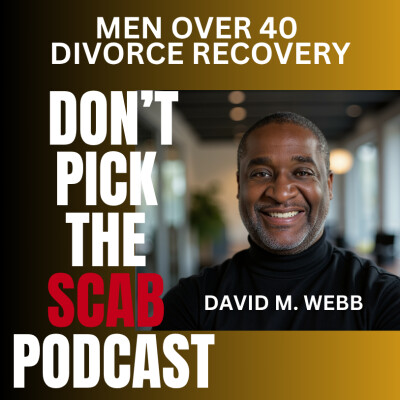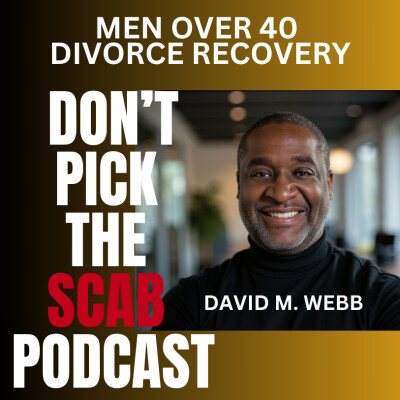Description
Welcome to Don’t Pick The Scab Podcast, the podcast that helps men over 40 heal, grow, and thrive after divorce. Today, we’re diving into an inspiring conversation with Lucy Airs, a seasoned resilience coach and psychological safety expert. Lucy brings a wealth of knowledge and experience to the table, offering practical tools and insights to help you rebuild your life and create stronger relationships post-divorce.
In this episode, Lucy shares how resilience isn’t just about bouncing back—it’s about growing stronger through adversity. She’ll unpack the concept of psychological safety, showing how to create environments where you and your children can thrive emotionally. If you’ve struggled with co-parenting challenges, identity loss, or finding a balance between self-care and supporting your kids, Lucy’s wisdom will guide you. Get ready for actionable advice, heartfelt stories, and strategies to turn your toughest moments into stepping stones for growth and happiness.
10 Important Points Lucy States in the Interview
Resilience as Growth Through Adversity: Resilience isn’t just recovering from hardship but growing stronger because of it, embracing challenges instead of avoiding them.
The Importance of Building Resilience Daily: Resilience is like a muscle that must be built and maintained daily, much like physical fitness, to prepare for life’s heavy emotional weights.
Psychological Safety Defined: It’s the ability to take interpersonal risks and be yourself without fear of judgment or ridicule, crucial in both family and workplace environments.
Rebuilding Psychological Safety Post-Divorce: After separation, individuals must create new “safe spaces” for themselves and their children to heal and thrive.
Self-Care as Essential for Resilience: Good sleep, nutrition, exercise, and positive emotions fuel the brain’s ability to regulate emotions and face life’s challenges.
Emotional Intelligence for Better Relationships: Understanding and regulating emotions helps individuals connect better with others, including ex-partners, by fostering empathy and reducing conflict.
Co-Parenting Challenges and Control: Lucy emphasizes focusing on what you can control in your home rather than stressing about the other parent’s household, as this benefits children.
Nonviolent Communication Techniques: Identifying emotions and their underlying needs can help diffuse co-parenting conflicts and foster effective, respectful communication.
Positive Psychology in Recovery: Recovery isn’t just about filling gaps left by divorce but building a new life by focusing on strengths, opportunities, and personal growth.
The Role of Parents in Modeling Resilience: Demonstrating resilience and emotional stability to children is the greatest gift parents can give, teaching them life skills for future challenges.
All things Lucy Airs on Linkedin: https://www.linkedin.com/in/lucyairs-pp/
Hosted on Ausha. See ausha.co/privacy-policy for more information.
